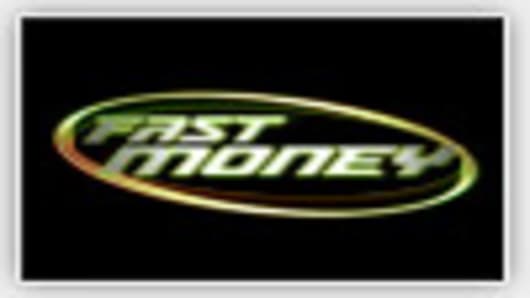Critics charge that the rapid growth of the CDS market helped fuel demand for banks to extend loans to people unable to repay their mortgages. They then distributed those loans globally, exacerbating systemic risk when contracts failed.
Dylan and the gang have been saying for a while that confidence can only be restored when credit default swaps are traded on an open exchange in a transparent manner
“The issue involves pricing bad assets going forward,” adds Jon Najarian.
Now, the New York Federal Reserve is getting on board. They said on Monday that they plan to meet with small banks and institutional investors to discuss establishing a central counterparty for the credit default swap market.
It is not yet clear what form a New York Fed-backed central counterparty might take, although a number of initiatives are underway to create a clearing house for swaps.
According to CNBC ‘s Charlie Gasparino it could be organized through the Intercontinental Exchange and / or the Chicago Mercantile Exchange which "can be operationally ready to clear CDS in a few weeks," according to a spokesperson.
“And I think that’s why the market saw a pop in the CME on Monday,” concludes Najarian
______________________________________________________
Got something to to say? Send us an e-mail at fastmoney-web@cnbc.com and your comment might be posted on the Rapid Recap. If you'd prefer to make a comment but not have it published on our website send those e-mails to fastmoney@cnbc.com.
Trader disclosure: On Oct.6, 2008, the following stocks and commodities mentioned or intended to be mentioned on CNBC’s Fast Money were owned by the Fast Money traders; Adami Owns (AGU), (BTU), (C), (GS), (INTC), (MSFT), (NUE); Macke Owns (UUP), (MSFT), (WMT), (MCD), (BNI); Pete Najarian Owns (AAPL) And (AAPL) Puts; Pete Najarian Owns (IYR) Put Spread; Pete Najarian Owns (MS) And (MS) Puts; Pete Najarian Owns (RF) And Is Short (RF) Calls; Pete Najarian Owns (GS) Call Spread, (RIMM) Call Spread, (WB) Call Spread, (XLF) Call Spread, (NCC) Call Spread; Pete Najarian Owns (BIIB) Calls; Finerman Owns (GS); Finerman's Firm Owns (MDY), (SPY), (IWM), (MO), (JNJ), (MSFT), (DEO); Finerman's Firm Is Short (BBT), (COF), (IYR), (IJR), (USO), (SPG)
Jon Najarian Owns (CME), (CME) Calls, (CME) Puts; Jon Najarian Owns A CBOE Seat; Jon Najarian Owns (NYX); Jon Najarian Owns (NDAQ)
GE Is The Parent Company Of CNBC
CNBC.com with wires



